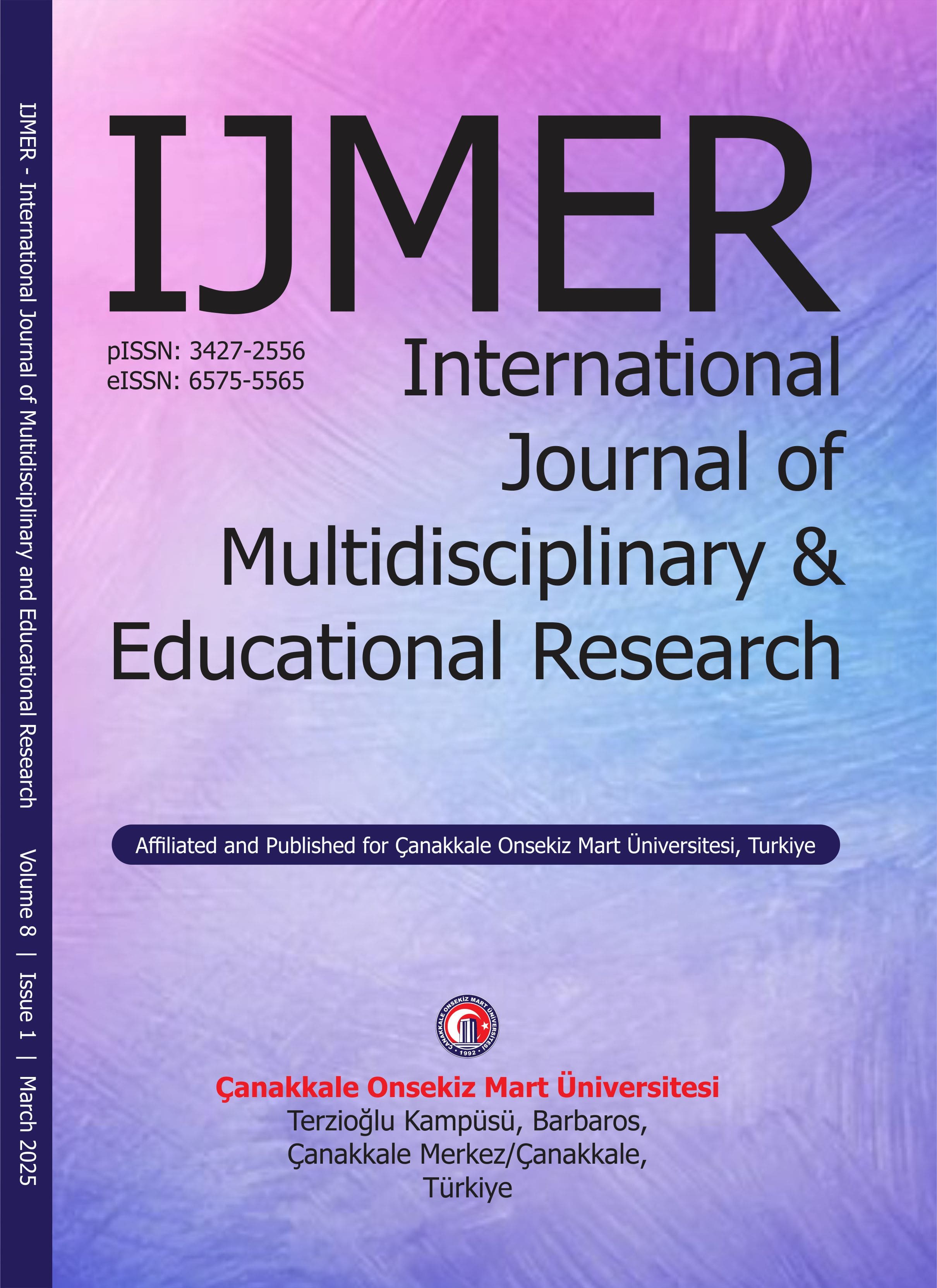International Journal of Multidisciplinary and Educational Research (IJMER)
Customary Law and Women: Rights and Participation of Women in Traditional Apatani Society
E-ISSN: 6575-5565
P-ISSN: 3427-2556
DOI: https://iigdpublishers.com/article/882
In most tribal societies across the world women are considered as a weaker section of the society duo to reasons like customs, traditions, and attitudes and also due to patriarchical nature of the society. It is generally said that women in northeastern part of India enjoy a better status than their counterpart in the rest of India. However, the customary laws and practices in its application are often found discriminatory in nature against women. Customary law of the Apatanis has great impact in the area of family law, in regards to such as marriage, divorce, inheritance, appointment of traditional offices and exercise of traditional authority in decision making. Like other patriarchal society where women do not enjoy a significant role in the decision making process, Buliang (village Council) - the traditional upholder of Apatani Customary Laws has always been a male dominated institution. The objective of the paper is to highlight the position of the Apatani women in the traditional Apatani Society. The primary and secondary sources have been used in the collection of data.
Nani RIMA
Baharul Islam, K.M, (2014). “Issue in Women‟s Rights- A Practitioners‟ Resource Book”, Allied Publishers Pvt. Ltd. New Delhi.
Biswas, Prasanjit & Thomas, C.Joshuo (Eds.), (2006). “Peace in India‟s North East: Meaning, Metaphor and Method-essays of concern and commitment,” Regency Publication, New Delhi.
Chakravarti, Uma, (et al)., (2003). “Gendering Caste: Through A Feminist Lens”, Stree, Calcutta.
Dinsu, Koj, (March 2018). “Women in Traditional Polity: Buliang Of Apatani,” IMPACT: IJRHAL, Vol.6, Issue3, 31-38.
Fernandes Walter, Pereira Melvelle, & Khatso Vizalenu, (2008). “Customary Laws in North East India: Impact on Women”, National Commission For Women, New Delhi
